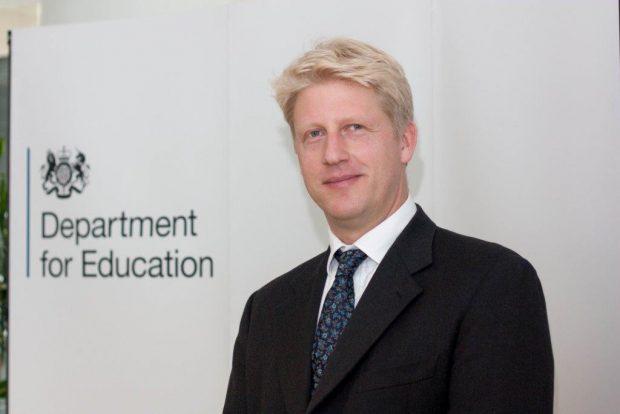Jo Johnson outlines plans for subject-level Teaching Excellence Framework and a crackdown on vice chancellor pay

Universities Minister Jo Johnson has today (20 July 2017) set out plans to provide better value for money from the higher education system for students and taxpayers.
In a speech to university leaders and representative bodies at the think tank reform, the minister outlined proposals for all universities to draw up stronger contracts with their students, which clearly set out what a student can expect from a university education.
Jo Johnson also called on the sector to put an end to the upward spiral in vice chancellor pay. He insisted that universities publicly justify any pay exceeding that of the Prime Minister. He said that the Office for Students – the sector’s new regulator – will be expected to address this issue.
Universities Minister, Jo Johnson said:
When students and taxpayers invest so heavily in our higher education system, value for money should be guaranteed. Yet, I am still hearing students say that their course is poor quality.
This is not good enough, especially when some vice chancellors take home a wage that in some cases exceeds that of the Prime Minister.
So, on top of the government’s reforms through the Teaching Excellence Framework, I am insisting on effective consumer protection for students and calling for an end to spiralling vice chancellor pay.
The minister also launched the next stage of the Teaching Excellence Framework (TEF). A pilot is expected to be launched in the autumn that will assess teaching at an individual subject level. These pilots represent the next phase in the TEF’s development, and will support students to make better informed decisions between courses and institutions.
He also set out that the next round of institutional TEF assessments will incorporate new analysis of graduate outcomes to help students decide where to study based on the careers of previous graduates.
Jo Johnson defended the current system of funding universities sustainably through subsidised, income-dependent loans which mean graduates only pay back what they can afford.











Responses